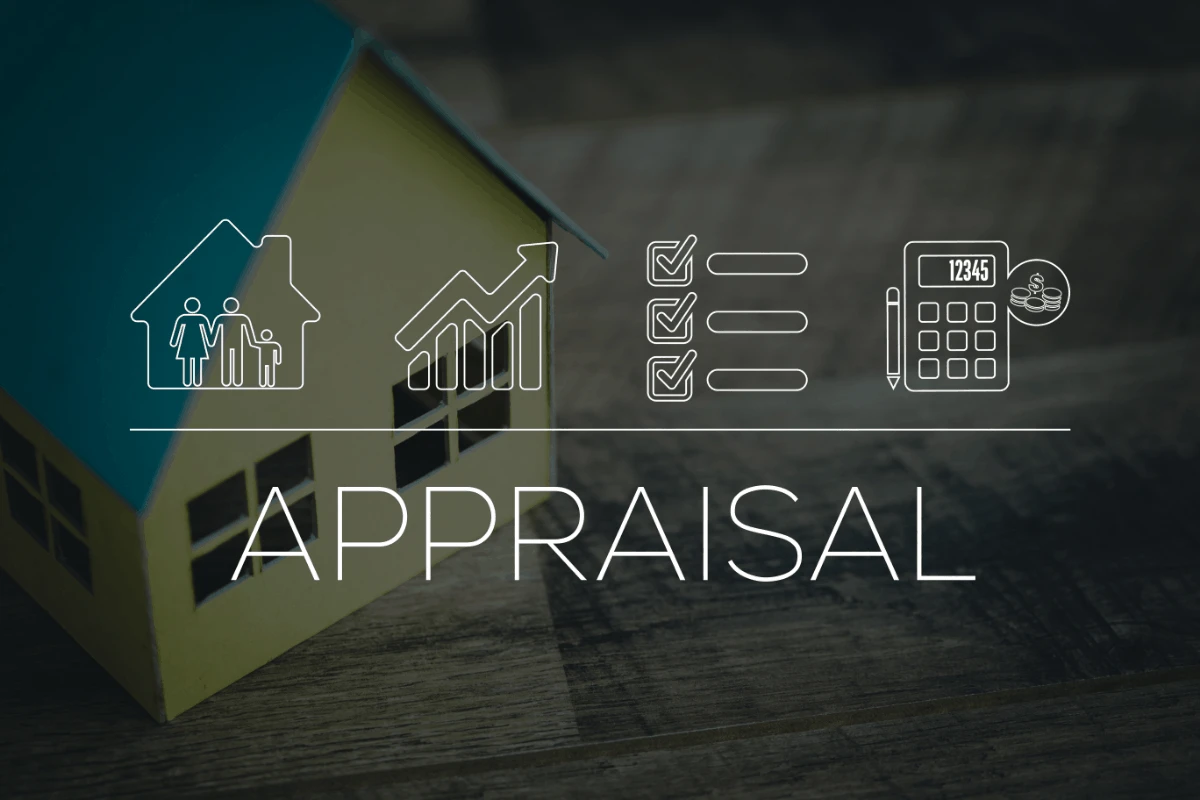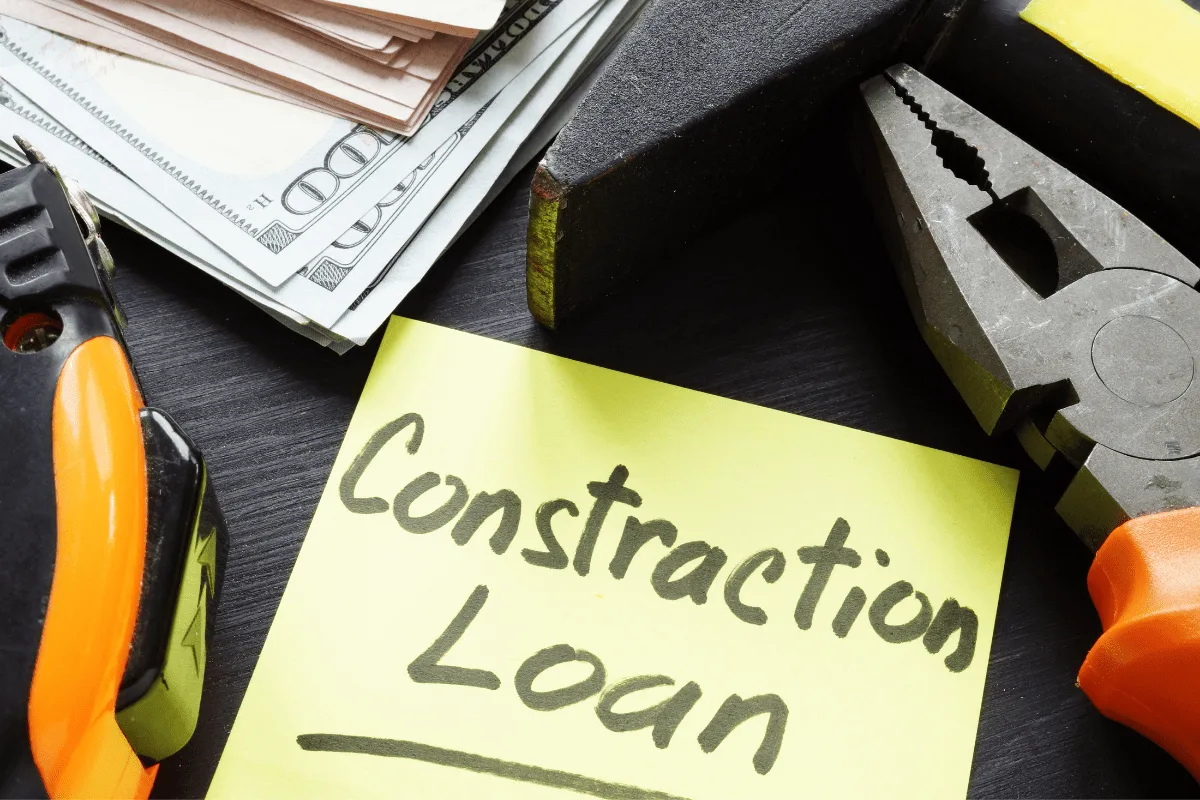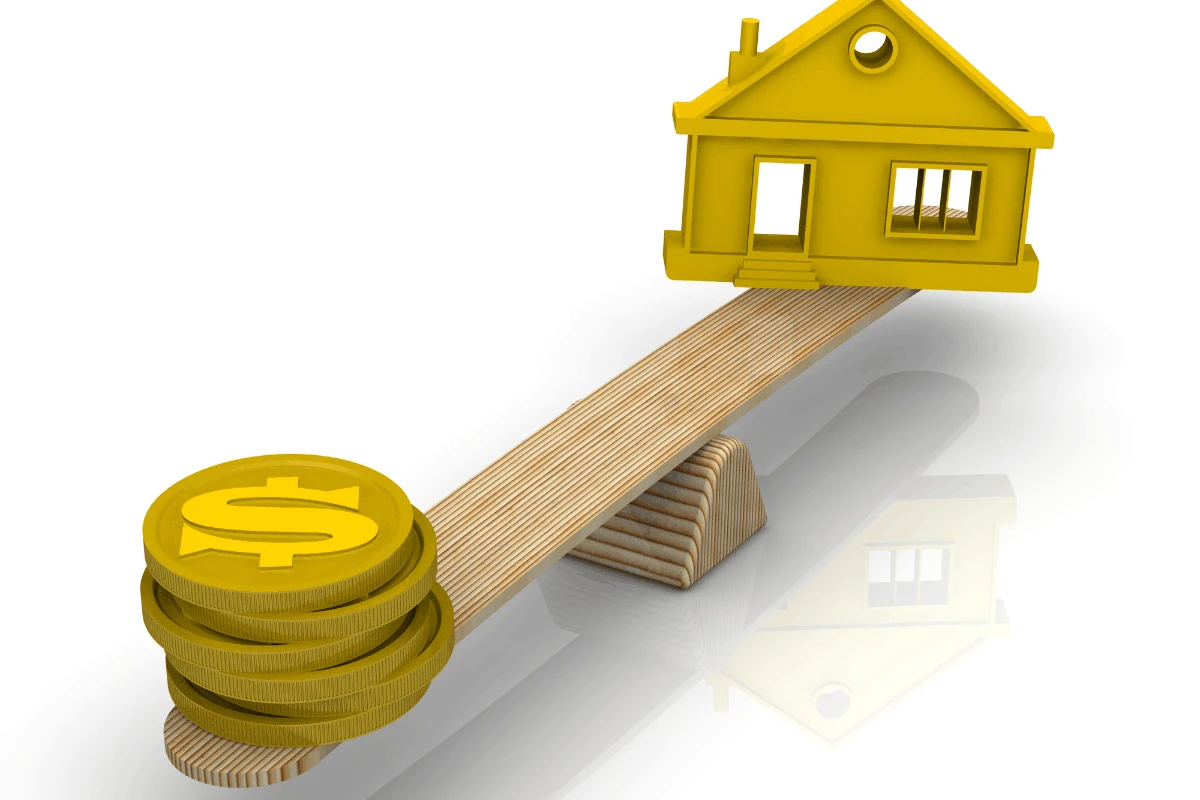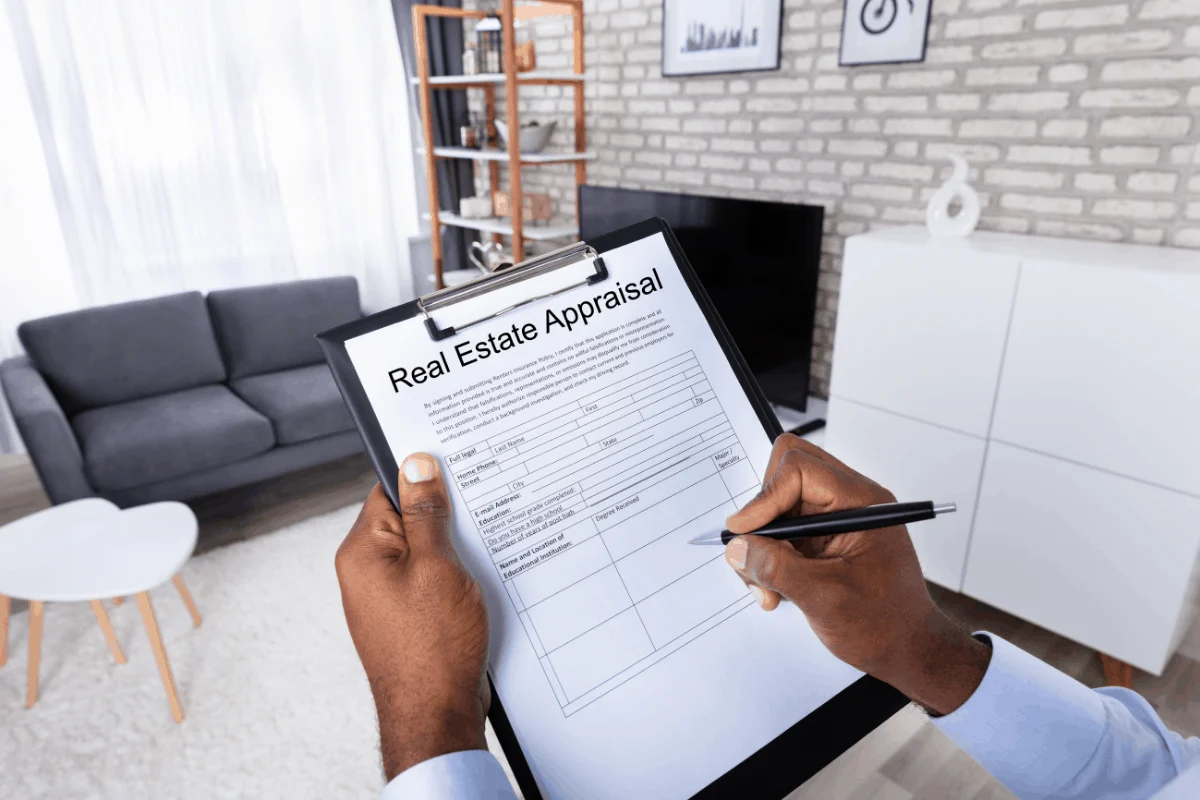The design phase is complete and now you are ready to enter into a construction loan. One critical process in securing a loan is getting a new construction appraisal.
A construction loan requires a plan and specs appraisal. This is when an appraiser examines the estimated value of your home using the home plan and specifications and compares them to nearby comps.
Want to know more about the appraisal process? Read on for all the appraisal details you could ever ask for.
What is an appraisal?
An appraisal is an assessment of your designed home’s expected value.
For new construction homes, the type of appraisal ordered is typically a Plan and Specs Appraisal. This appraisal is, as it sounds, based solely on the building plans a detailed specifications.
The appraiser will take into consideration the lot, size of the home, building material selections, and neighborhood. They will then compare these details to local comps.
Comps are considered any house that has ‘sold’ in the last 6 months. Typically houses that haven’t sold are not able to be considered as a comparison. Additionally, most comps fall within 3 miles of the construction site.
If no comps are available within 6 months, the time period can be extended to look at the past year.
Why does my bank require an appraisal?

Lenders will require an appraisal for any construction loan as a form of protection for them.
A bank will want to ensure your property is worth the amount of the loan. A bank will not lend you more than the expected value of your new home.
Check out the section on Loan to Value Ratios to understand how banks determine the max amount you can be lendt.
Who completes an appraisal?
An appraisal is ordered by the lender and it is completed by a licensed appraiser.
An appraiser is licensed with the state and must adhere to certain guidelines and standards.
To be a licensed appraiser you must meet a determined amount of educational credit and experience. The amount of each of these is determined by the state or country in which you reside.
The appraiser is an independent party who is not affiliated with the bank.
What is a Loan to Value Ratio?
A Loan to Value Ratio, also known as LTV, is a number lenders use to assess how much risk they are taking on as part of your project.
The higher the LTV ratio, the higher the risk for the bank.
For example, If a home appraises at 1 million dollars and the loan amount is $500,000, then the LTV is 50%. In another example, If a home appraises at 1 million dollars and the loan amount is $800,000, then the LTV is 80%.
As the ratio increases the potential loss the bank may incur if the homeowners don’t make their payments increases.
Some lenders may have limits on the amount they will lend you based on LTV ratios. This could depend on your bank or be based off your credit score.
It is not uncommon for a bank to not lend over an LTV of 80%.
If you’re appraisal comes in with a LTV greater than 80%, you may need to put up cash to cover the gap.
Make sure you understand these limits with your lender.
Does an LTV Ratio affect interest rates?

Yes. since a high LTV Ratio is more risky for the lender than a low LTV, a high LTV may result in a higher interest rate.
However, an LTV ratio is not the only factor when it comes to interest rates.
Your credit score will also impact your interest rate. Even if your LTV is 25%, if your credit score is 500, you may have a higher interest rate than someone who has an LTV of 80% but a credit score of 800.
Your lender will be able to provide you details on your expected interest rates. Don’t hold back any questions on this topic. Your lender is there to help you.
Lenders sell money and they want to close the deal. If you are not getting the answers or assistance you need, shop around for other lenders.
How long does an appraisal take to complete?
A new construction loan appraisal can take anywhere from 2 to 4 weeks to complete.
To speed up the process, make sure you have all documentations before the appraisal is ordered.
Most new construction loan appraisals will need the following documents:
- Site plan (Plot map)
- Design blueprints (floorplans)
- Cost breakdown (Full budget – cost to build)
- Interior selections (hardware, counter surface materials, flooring materials…)
- Exterior materials (windows, siding materials, roof materials..)
Without the above documents, an appraiser will not be able to accurately compare the home to what is already on the market.
How much does an appraisal cost?
A new construction appraisal will typically cost between $300 and $800.
Factors impacting cost include the area you live, the size of the home and area that needs appraised, and the current demand for appraisals.
Your lender may request a deposit to be paid towards the appraisal. If the loan closes you may receive the money back, or applied towards your loan. If you don’t move forward with the loan, you will lose the deposit.

Appraisal Considerations:
#1- Where is the house being built
There are three location categories: urban, suburban or rural setting. This will determine how far away the comps can be.
In an urban setting, comps must be a half mile or less from the construction location. For suburban properties, most comps are found within 3 miles of your lot. Rural properties, require comps to be within 10 miles.
A lack of comps can impact the value of your appraisal.
#2- No nearby comps.
It is possible for your loan to be denied if there are no nearby comps.
This is unusual, but if you are planning to build something super specific, it is a possibility.
For example, you are trying to build a log cabin in the middle of a city. There may be no other log cabins in the neighboring community and it may be deemed too risky for the bank to loan you money to build such a home.
Another example could be if you are trying to build a home on a very large piece of land. No matter how qualified you are, some banks won’t lend to build a modest house on 50+ acres of land without suitable comps.
If this happens, try searching for another lender or working with the lender to understand what you could do differently to make lending you money less risky for them.
#3: Overbuilding
It always comes back to the comps. Overbuilding is when you design a home that is much larger and more extravagant than the neighboring homes.
If your home will cost you 1 million dollars to build but all the local comps are for $300,000 homes, you may not get a construction loan, or you will have to pay for the majority of the work yourself.
Make sure you consider the size of the home and the neighborhood. You could also tone down the selections to meet the neighborhood. Maybe floor to ceiling marble in the master bathroom isn’t a good idea if all other comps are at a lower price point.
You can always build your house as you see fit, but just know that others may not value these details as you did during resale.
What If the appraisal comes back lower than you expected?

If you received an appraisal that doesn’t meet your needs than you have a few options.
You could chose to try again with a new lender and apply for a second appraisal. This option is risky because most likely the new appraisal is not going to be very different.
If there is a glaring mistake in the appraisal like they have the number of bedrooms incorrect, or the wrong lot size, you can request the appraisal be adjusted with correct information.
If the appraisal came back lower than the nearby comps you could choose to update your designs. Maybe you could change the layout to make it more valuable. Like adding a bedroom or bathroom.
Or you could adjust your selections. Maybe an upgrade from formica countertops to granite is necessary in the upstairs bedrooms. Maybe adding a 3rd garage can increase your value?
Keep in mind these changes may come with added design costs and the potential to have to pay extra for redoing any structural designs.
Conclusion
If you are applying for a construction loan, then you most likely will be required to have an appraisal.
The appraisal will assess the value of your future home based on local comparisons homes (comps). The value given to your new home helps the lender determine the max amount they can safely lend you without taking on too much risk themselves.
The appraisal helps determine the loan to value ratio of your home which can impact the amount you can be lendt and the interest rate you qualify for.
Make sure you work with your lender to understand their loan process and ask them any questions you may have. Loans can vary from state to state and your lender will be the best partner as you work through construction.
Happy Building!
Related article: Do custom homes appraise higher?


